car insurance rare cars Albertino
8 Essential Tips for Choosing Insurance for an Antique or Rare Car
If you are the proud owner of an antique or rare car, you already know that your vehicle is more than just a metal machine on four wheels; it is a precious gem that reflects history and passion. However, protecting this automotive relic is as crucial as admiring it. In this article, we will delve into the world of insurance for antique and rare cars, unveiling eight indispensable tips to ensure the tranquility of your wheeled asset.
1. Accurate Assessment of Your Car’s Value:
Before embarking on the search for insurance, it is crucial to have an accurate assessment of the real value of your antique car. Emphasize that you should not rely solely on market value, as rare cars often have a sentimental value that cannot be reflected solely in numbers. It is recommended to consult experts, conduct detailed research, and, if necessary, obtain a professional appraisal. Ensuring that your vehicle is properly insured begins with a precise and comprehensive understanding of its intrinsic value.
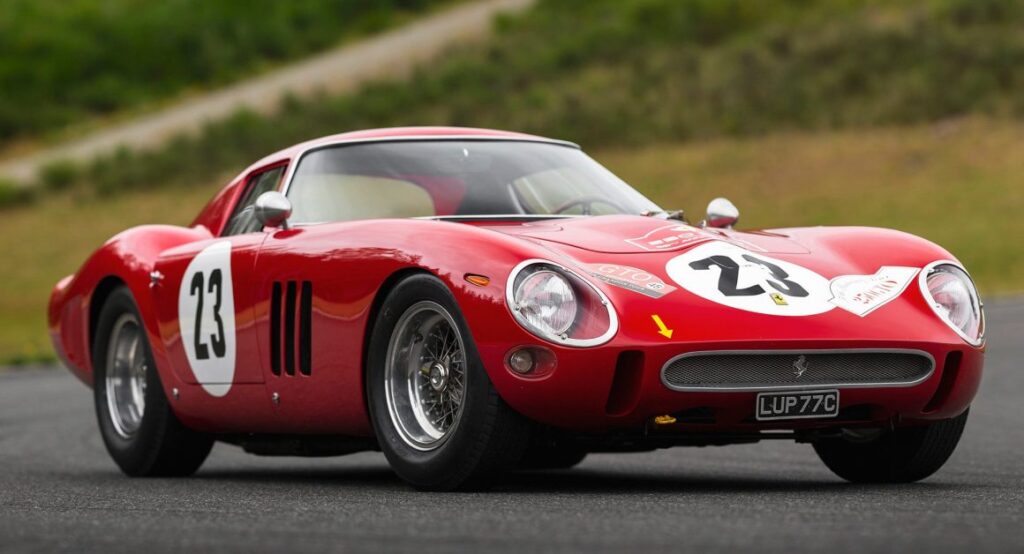
2. Selection of an Insurer Specializing in Antique Cars:
Choosing an insurer specialized in antique cars is akin to selecting a professional who understands the complexity and uniqueness of your vehicle. These insurers not only recognize but also share a passion for classic cars, providing specific coverages that ensure your precious asset is under proper care. Opting for an insurer with expertise in antique cars is more than a practical choice; it is a decision that reflects the appreciation and understanding of the unique importance of your vehicle.
3. Familiarization with Specific Coverages for Antique Cars:
It is essential to recognize that not all insurances are equivalent, and this disparity is particularly relevant when dealing with antique cars. Ensure that your policy includes specific coverages for damages resulting from restorations, the gradual appreciation of the vehicle over time, and comprehensive protection for original parts and accessories. Ensuring accurate and comprehensive coverage is key to preserving the integrity and historical value of your antique car.
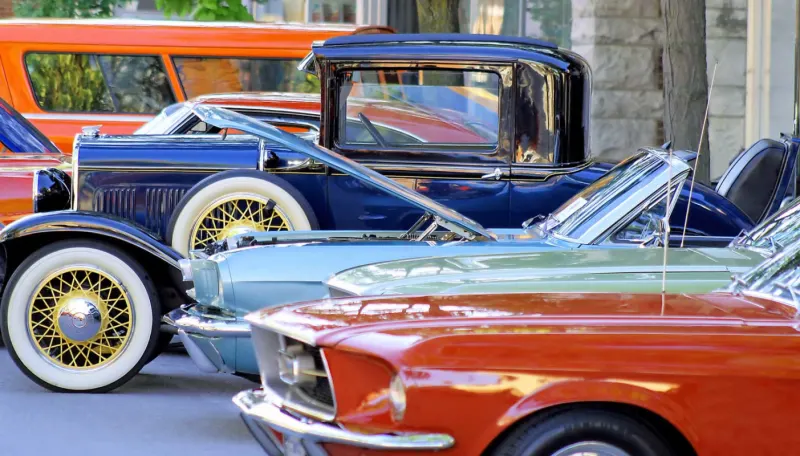
4. Understanding Vehicle Use Restrictions:
It is crucial to understand the restrictions imposed by some insurances for antique cars regarding the use of the vehicle. Make sure you are aware of these limitations, which may include the maximum annual mileage allowed, parking restrictions, and participation in automotive events. This prior understanding will prevent unpleasant surprises when it is necessary to activate the insurance, providing a more transparent and efficient experience.
5. Careful Documentation of Car Modifications:
If modifications have been made to your antique car, it is essential to document them carefully. This includes mechanical, aesthetic, or safety improvements. This information plays a crucial role in ensuring that your insurance policy accurately reflects the value and specific characteristics of your vehicle. Comprehensive documentation not only strengthens the integrity of the insurance process but also ensures that valuable modifications are properly recognized and protected.
6. Consideration of Depreciation Protection:
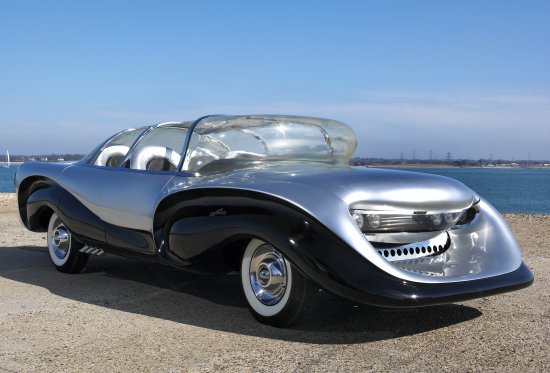
Antique cars often experience appreciation over time; however, some insurances apply standard depreciation. Make sure to discuss the feasibility of depreciation protection with your insurer. This ensures that your investment is properly safeguarded, taking into account the unique characteristics of the antique car market, where the value may increase rather than decrease. Being attentive to these nuances ensures that your insurance accurately reflects the appreciation of your vehicle over time.
7. Verification of the Towing Policy and 24-Hour Assistance:
In the context of antique cars, the towing service can be a delicate operation. Make sure to check if the policy includes a specialized towing service for classic cars, thus avoiding additional damage during transportation. Ensuring 24-hour assistance tailored to the specific needs of classic vehicles is crucial to preserving the integrity of your antique car in unforeseen situations. This practical consideration adds an extra layer of protection to your precious automotive investment.
8. Researching Reviews and Testimonials of the Insurer:
Your statement reflects a wise approach when making decisions related to insurance for classic cars. By conducting comprehensive research on reviews and testimonials from other collectors, you are gaining valuable insights into the experience of similar clients. The reputation of the insurer in the classic automotive field, as you mentioned, plays a crucial role in evaluating the quality of the service offered. This informed practice helps ensure that you choose an insurer that not only understands the specific needs of classic cars but also maintains a reliable track record of customer service and satisfaction. By continuing with this discerning approach, you are taking important steps to protect your valuable automotive investment.
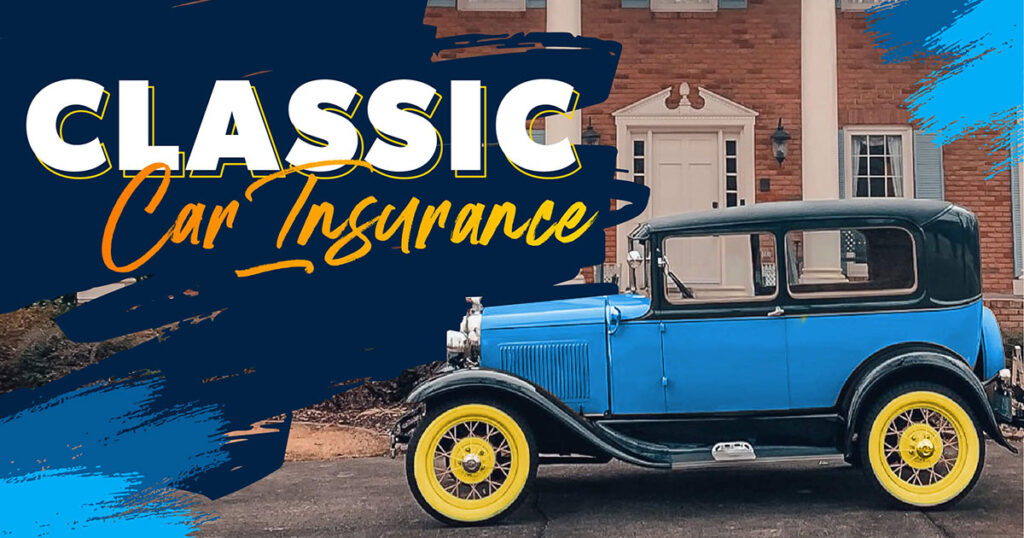
(Additional Topic) Luxury Goods Category for Rare/Collectible Cars:
If your antique or rare car also falls into the luxury goods category, it is crucial to understand how this classification can influence insurance. Collectible cars are often considered luxury goods, given their exclusivity and differentiated value in the market.
Consider Specific Coverages for Luxury Goods:
Rare cars are often associated with a luxury goods category, which may require additional coverages. Check if your policy offers specific protection for the unique aspects of a luxury vehicle, such as custom entertainment systems, special finishes, and other features that make your car unique.
Periodic Review of the Insured Value:
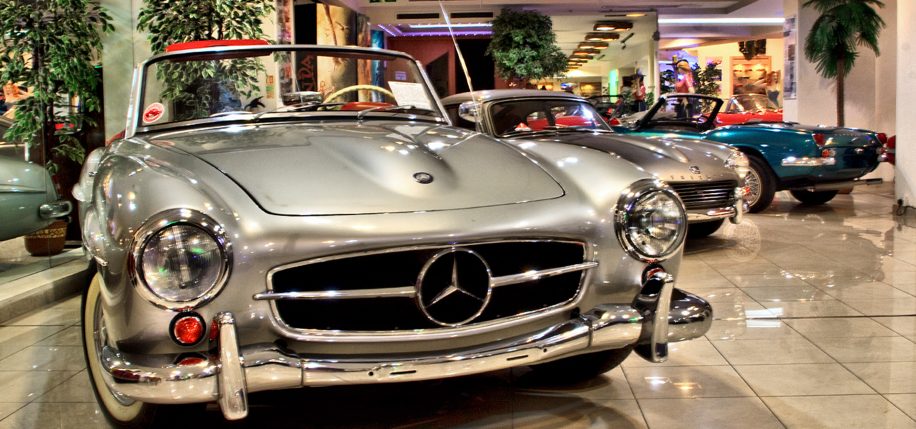
The appreciation of rare cars can be significant over time, especially if they belong to the luxury goods category. Conduct periodic reviews of the insured value to ensure that your policy aligns with the updated market value of your vehicle. This ensures that, in case of a claim, you receive adequate compensation to cover the loss.
International Coverage for Events and Exhibitions:
If you plan to exhibit your rare car at international events or participate in exhibitions, check if your policy provides international coverage. This additional protection is essential to ensure that your investment is safe, regardless of where your automotive adventures take you.
By following these 9 tips, you will be better prepared to choose the ideal insurance for your antique or rare car. Remember, protecting your automotive treasure is as rewarding as proudly displaying it on the roads. Drive safely and preserve the history on wheels!

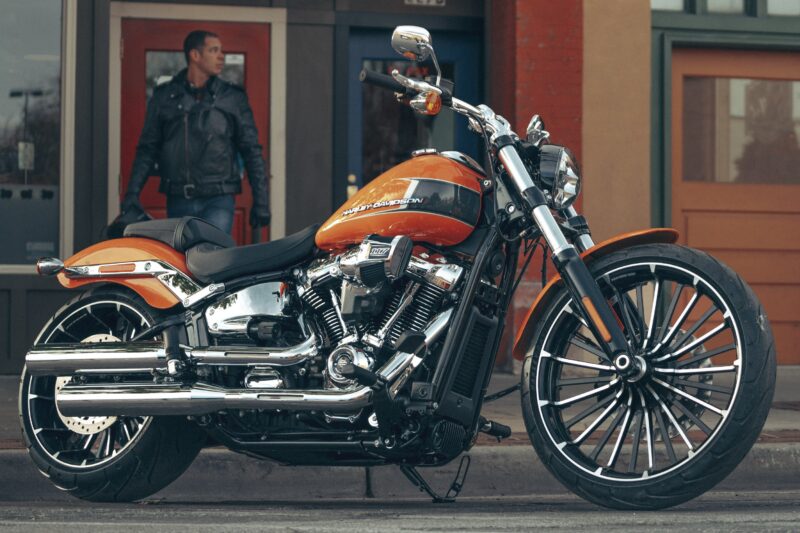
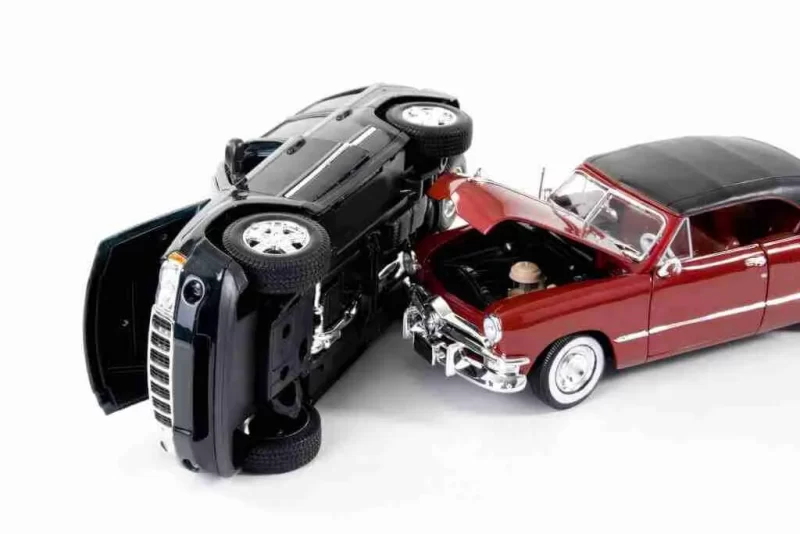
Seja o primeiro a comentar!